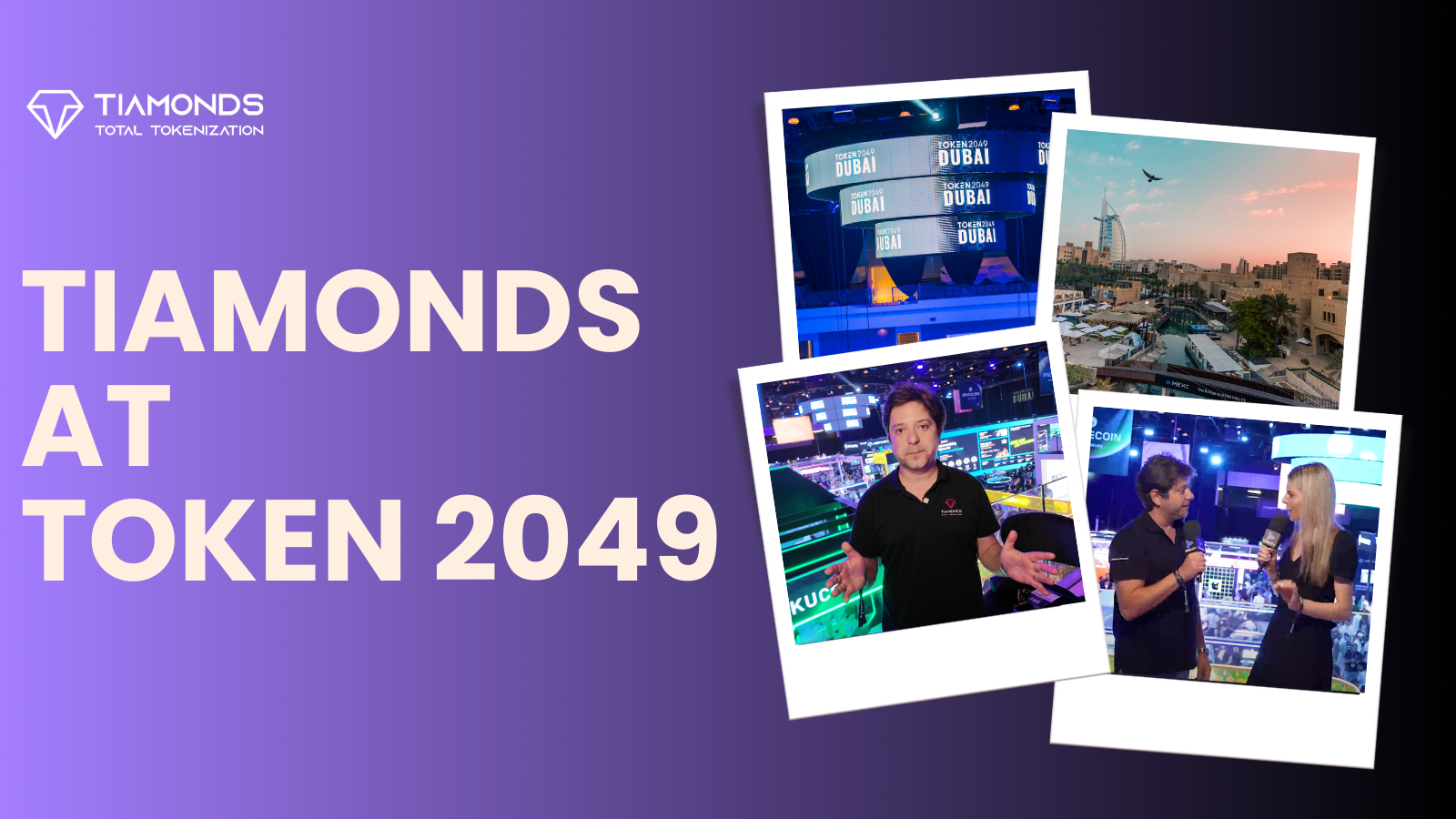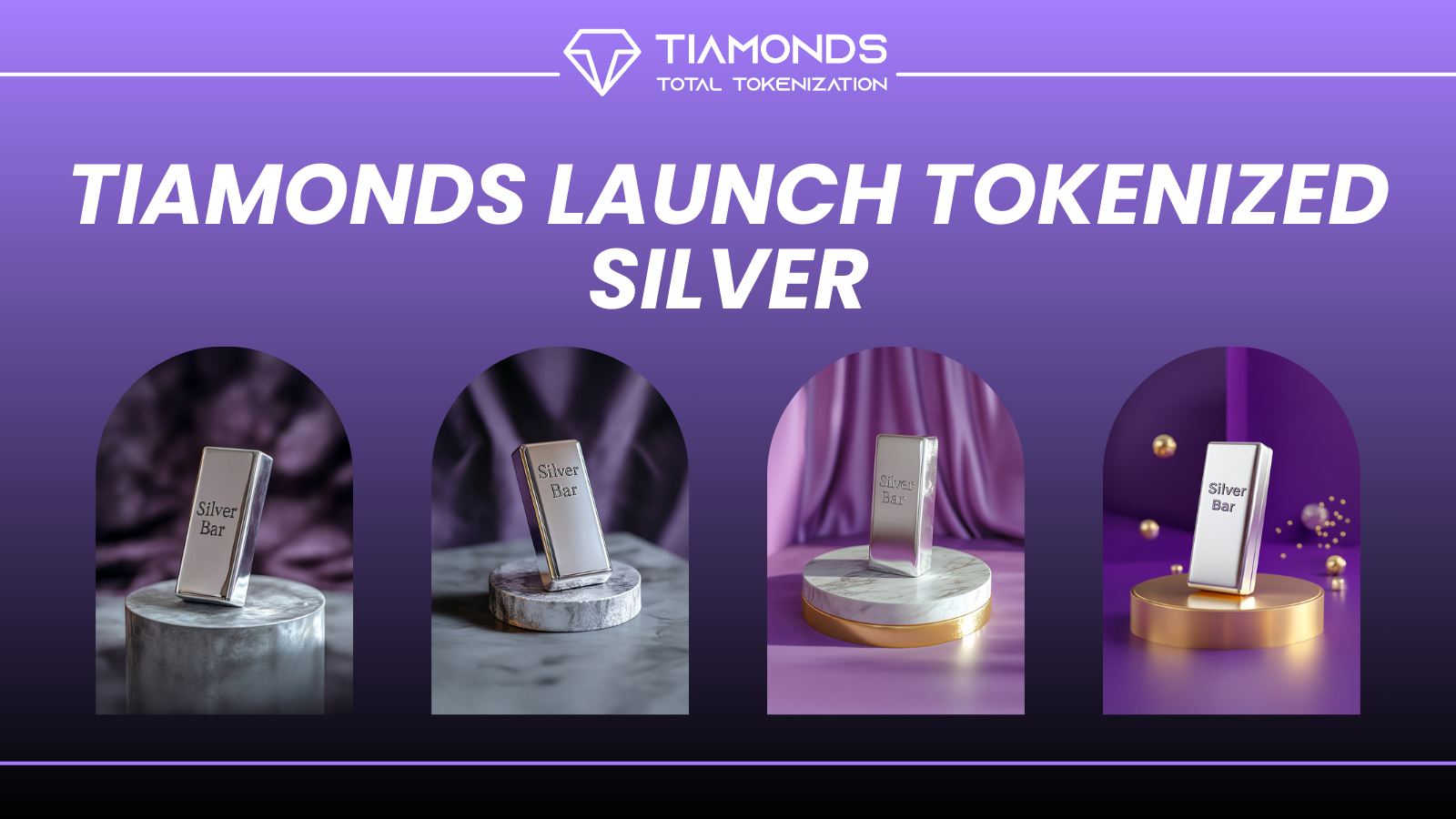An NFT Marketplace is a place where users can buy, sell, and trade non-fungible tokens, which are digital assets that are unique. While they can’t be traded one-for-one for other assets. NFT marketplaces often function in a pattern similar to that of traditional online markets. In which the interaction between buyers and sellers takes place on a centralized platform.
NFT marketplaces have the choice of aiming to identify listed assets in digital currency. Here Ethereum being the digital currency that is used the most frequently. After buying NFTs, the buyer assumes ownership and becomes responsible for paying a network transaction fee.
Due to the rapid growth in popularity of NFTs, new NFT marketplaces constantly emerge, each aiming to carve out a specific niche within the overall market.
Setting up a crypto wallet in advance is essential because it will be required to keep your NFTs after purchase.
If you do not have a crypto wallet set up, you will not be able to store your NFTs or a wallet that supports non-fungible tokens, while some wallets handle both crypto and non-fungible tokens. To buy the NFT you want, you need to possess the cryptocurrency that is accepted.
The majority of marketplaces prioritize listing non-fungible tokens (NFTs) in ETH above other digital currencies.
Table of Contents:
ToggleRegarding the functioning of these marketplaces, they primarily provide the following three services:



Purchasing NFTs
Investors have the option of purchasing NFTs either through an auction or a listing with a fixed price. Once the buyer has paid for the NFT, they will be the sole legal owner of it.
Selling NFTs
The fact that many NFT marketplaces allow users to mint their own NFTs facilitates the creation of new NFTs. They need to transform their creation into a digital asset to host it on the blockchain.
Minting NFTs
NFT marketplaces enable vendors to offer their NFTs for sale so that other users can purchase them. Even though many platforms give royalties for sales made on the secondary market, sellers will usually have to pay NFT selling platforms a fee
How to Choose an NFT Marketplace?
When selecting an NFT marketplace, keep the following things in mind:



Platform Security
It’s critical to pick a marketplace with a solid history of security. Choose a platform that has security features like multi-signature wallets and NFT storage in place.
Fees
Consider the costs associated with buying and selling NFTs on the market. Platforms that charge higher fees than others may have an impact on your profitability as a buyer or seller.
User Experience
Choose a platform that is simple to use and has a user-friendly interface. This will make buying, selling, and managing your NFTs simpler.



Selection
Explore the variety of NFTs available on the platform. The larger selection on some platforms may impact your ability to find the NFTs you’re interested in.
Reputation
Read customer reviews and do some research on the reputation of the marketplace. You may get a sense of the platform’s dependability and customer support from this.
Legal Considerations
Confirm whether the market is subject to any rules or regulations that could limit your capacity to buy or sell NFTs.

Choosing an NFT marketplace requires careful investigation and consideration of a variety of processes.
There are a number of NFT Marketplaces for users to buy their very first digital assets. Some of the well-known marketplaces include:
Opensea
Devin Finzer and Alex Atallah, two software developers, started OpenSea in 2017. Its website says it is “the first and largest NFT marketplace.” A On the marketplace, which allows for price and rarity searches, you can find everything from virtual real estate to sound loops from The Weekend. A statistics tab, which is almost like a stock ticker, ranks sellers by volume, average sale price, and number of assets sold. OpenSea works with the Ethereum, Polygon, and Klatyn blockchains. Buyers can buy NFTs with a fixed price directly from sellers, or they can bid on NFTs in auctions, with a record of the offer kept in the user’s profile. Digital art, music, games, domain names, virtual worlds, sports, and collectibles are the NFT categories available on the platform.


Rarible
Rarible is an NFT marketplace where users can mint, buy, and sell digital collectibles like gummy bear GIFs and animated videos about sports milestones like Floyd Mayweather Jr.’s perfect 50-0 record. The layout is similar to that of Spotify, with a stack of columns that you can scroll through to see top sellers, hot collections, and live auctions. The most active buyers and sellers can vote on platform upgrades and participate in decisions about how to run the platform using RARI, a governance token. Digital art, photos, music, games, the metaverse, and memes fall into these NFT categories available on the platform.
Nifty Gateway
Nifty Gateway is another great place to buy and sell NFTs. It is focused on “premium” NFT drops, which are NFT releases with a limited number of assets. There are a lot of well-known artists and creators on the platform. Steve Aoki and Grimes, for example, have both made drops in the past. Because these NFTs are so popular, Nifty Gateway’s selection is more focused on high-end investors.


Tiamonds
Tiamonds are tokenized diamonds on the Ethereum blockchain. Tiamond is a 1-1 digital representation of the individual diamond. The developers created Tiamonds as a non-fungible token using the ERC-721 token standard along with features from the Liechtenstein Protocol..
Read more at: tiamonds.com/
Conclusion
An NFT Marketplace allows its users to trade digital assets online. Buyers and sellers can purchase and sell NFTs akin to physical objects, but due to their digital nature, they can easily transfer and store them in a digital wallet. This makes them a popular way for creators to sell and distribute their work and for collectors to own and trade unique digital items.




